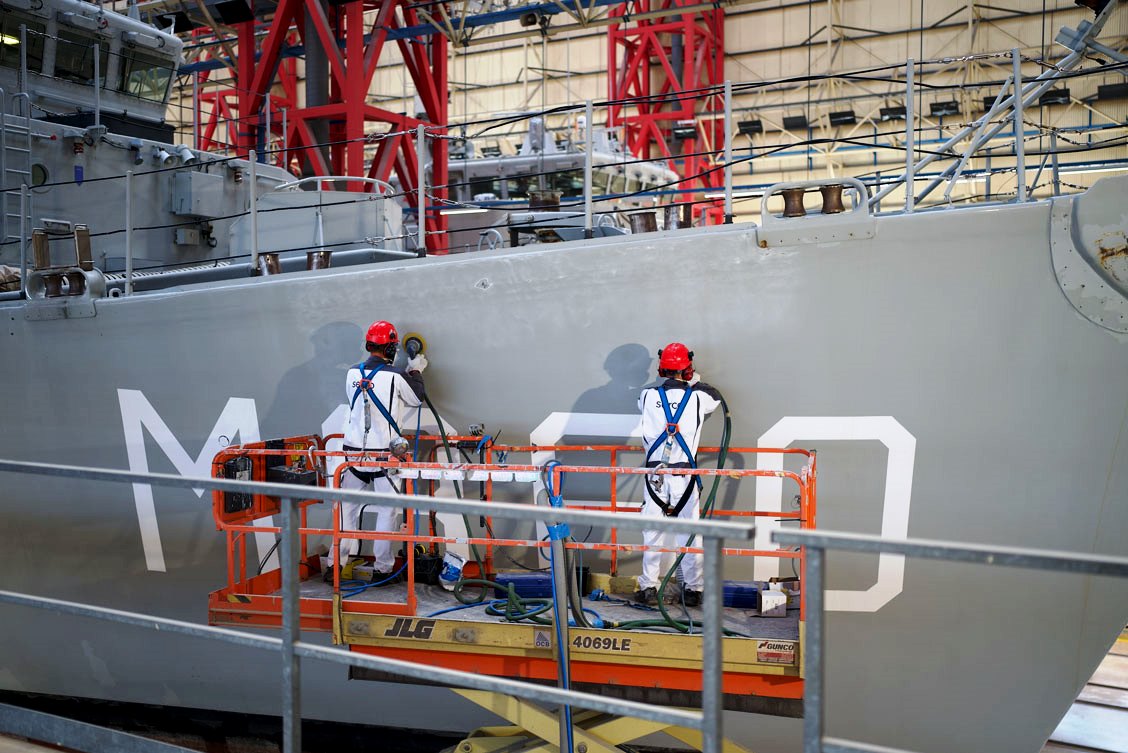Army Medical Services train to fight Coronavirus

Courtesy British Army / MoD
With a wealth of knowledge of effective training and education to guide him, his recent support has been both varied and demanding. Since 10th April, he and his small team have been ensuring the training pathway for Royal Army Medical Corps Combat Medical Technicians effectively prepares them to work in various NHS Nightingale facilities around the UK.
This has been a challenging task but Duncan’s hard work is paying off. He said: “The Combat Medical Technicians are keen to get stuck in; it’s an excellent opportunity for their development and they want to help the British public.”

He is quickly learning to work on the road whilst attempting to understand the vast medical jargon that surrounds this pandemic. Over the past two weeks, he has travelled to York, Harrogate and Bristol. “It’s quite a bizarre experience given how quiet the motorways of the country are at present,” Duncan said.
This job has struck close to home for Duncan for two reasons. First, Duncan was previously posted to the Army Foundation College in Harrogate from 2014 to 2016, and knows the local area well. He said: “It’s very nostalgic staying in Harrogate. There’s a personal bonus of doing my bit for NHS Nightingale and supporting the people of Yorkshire.”
Second, in a chance meeting during one of his visits to Bristol, he was able to see his sister-in-law, Dr Georgie Brehaut, who works at Southmead Hospital. He said: “It’s very odd that we are now, all of us, working towards the same thing; we all have a common goal.”
In his usual role in the Army, Duncan is the Officer Tutor at Edinburgh Castle for 27 Army Education Centre Group. This involves teaching Lieutenants and Captains on their mandatory career courses, covering topics such as leadership, history and international relations. “Day to day I’m a subject matter expert on international affairs,”
Duncan remarked: “Day to day I’m a subject matter expert on international affairs. Now I’m reading medical journals, networking quickly with NHS counterparts and trying to keep people happy by enabling the training, all while still answering educational queries.”
Duncan said: “What I’m doing here is bread and butter business for an ETS officer. Our inter-personal skills, ability to quickly immerse ourselves in new subject matter, and our strengths working independently all ensure we can represent the MoD, the Army and our unique cap badge extremely well.”
The Educational and Training Services branch of the Adjutant General’s Corps is made up of 281 regular and 145 reservist officers. They work at home and abroad to provide education and training delivery and guidance to service personnel and their families.











